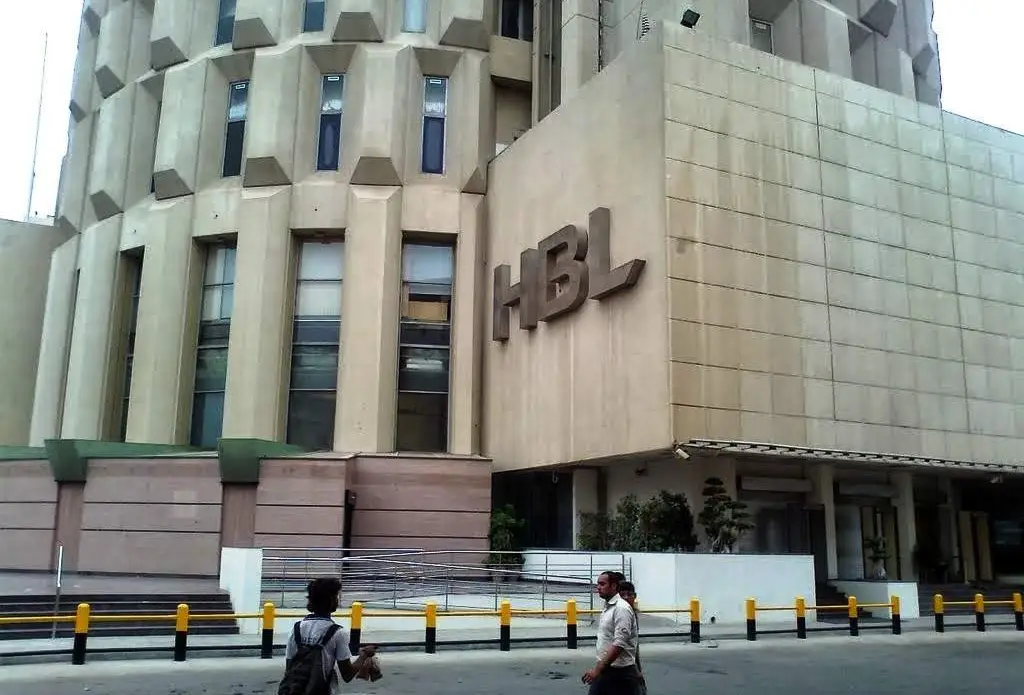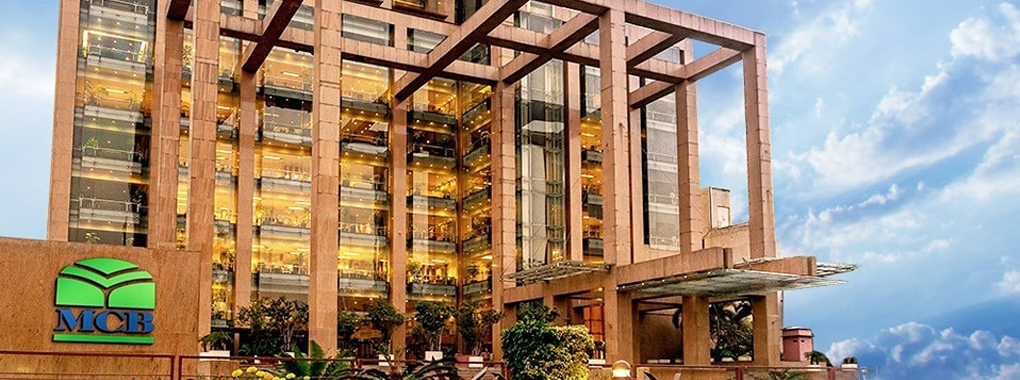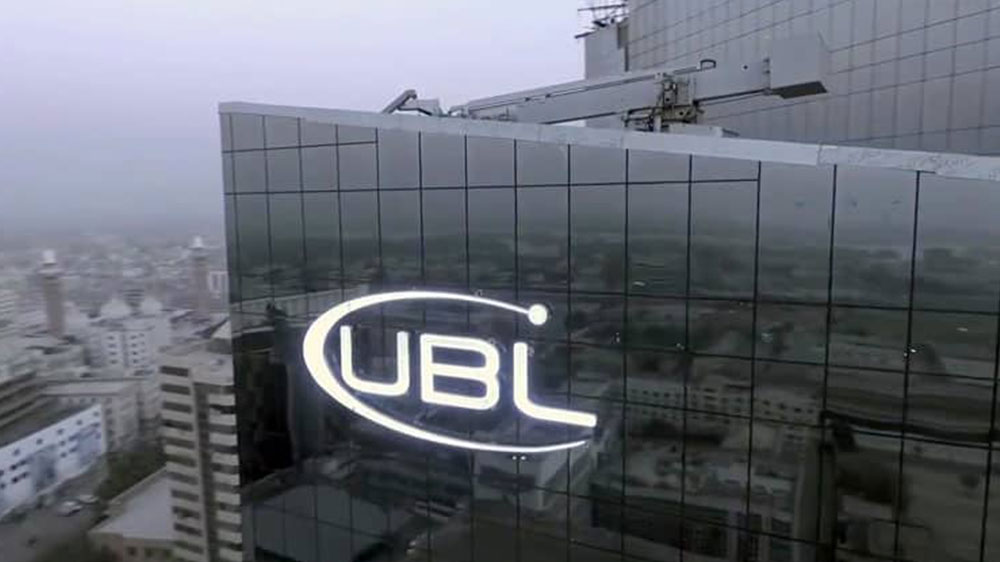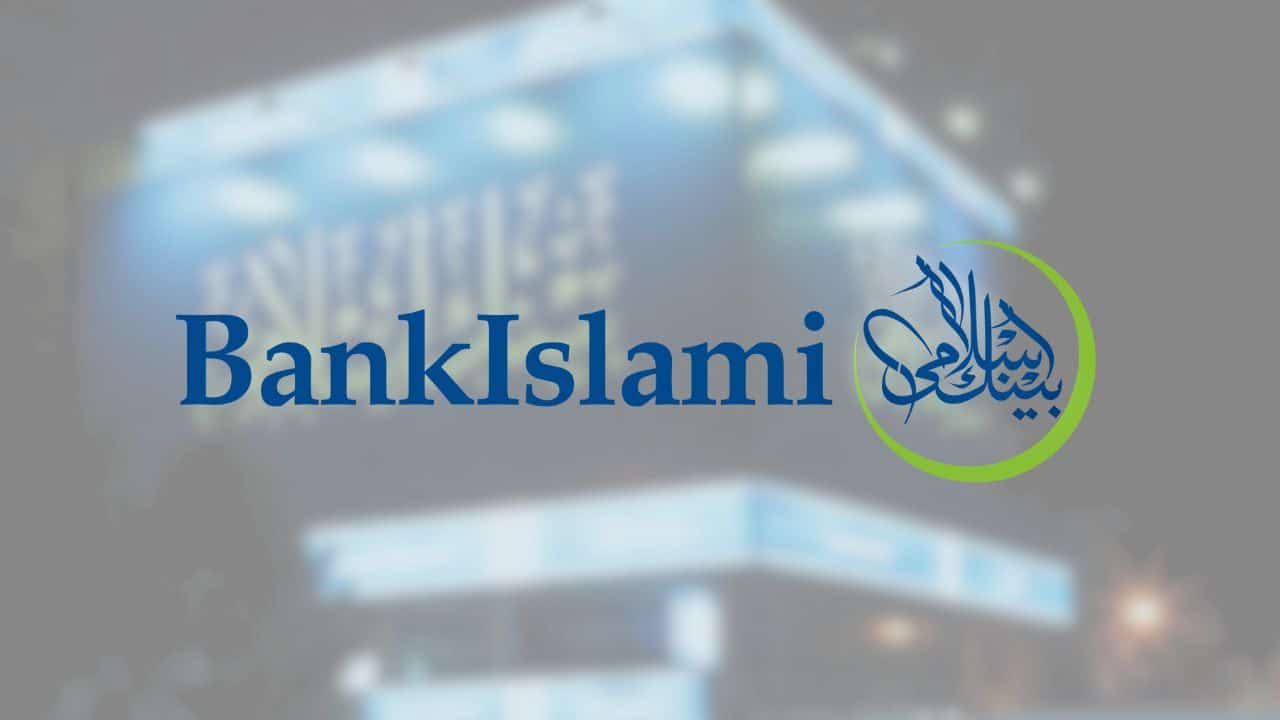The banking sector in Pakistan is a pivotal component of its financial infrastructure, playing a crucial role in economic development, investment facilitation, and financial inclusion. As of now, Pakistan’s banking sector comprises a diverse range of institutions, each with its strengths and weaknesses. let’s delve into an exploration of Pakistan’s top banks, highlighting their histories, pros and cons, and evaluating their comparative strengths in the current digital age. Moreover, we will ponder upon the relevance of conventional banking in the era of digital currency and cryptocurrency.
Pakistan’s Top Banks:
Pakistan’s banking sector stands as a pillar of its economic infrastructure, driving growth and financial inclusion, below we have shared some details of Pakistan’s Top Banks.
Habib Bank Limited (HBL):

Habib Bank Limited (HBL) is the largest bank in Pakistan by assets and has a rich history dating back to 1947. Founded by the Habib family, it played a vital role in the economic development of Pakistan post-independence. Over the years, HBL has expanded its operations globally, with a significant presence in Asia, the Middle East, Europe, and North America.
Pros:
- Largest bank in Pakistan by assets, providing extensive services domestically and internationally.
- Wide network of branches and ATMs, ensuring accessibility across the country.
- Strong focus on digital banking initiatives, offering online banking, mobile apps, and other digital services.
Cons:
- Some customers report issues with customer service and bureaucratic processes.
- The bank has faced regulatory challenges in the past, leading to penalties and fines.
MCB Bank Limited:

MCB Bank Limited traces its roots back to 1947 and has since evolved into one of the leading financial institutions in Pakistan. Initially established as a subsidiary of the Commonwealth Bank of Australia, MCB has grown to become a dominant player in the local banking sector, known for its stability and customer-centric approach.
Pros:
- Strong financial performance and stability, with a focus on innovation and customer service.
- Diverse range of banking products catering to various segments of the market.
- Robust digital infrastructure and user-friendly online banking platforms.
Cons:
- Limited international presence compared to some other banks.
- Some customers have reported occasional technical glitches in digital services.
United Bank Limited (UBL):

United Bank Limited (UBL) has a history dating back to 1959 and has emerged as one of the largest private sector banks in Pakistan. Initially established as a result of the merger of several smaller banks, UBL has since grown both organically and through strategic acquisitions to become a prominent player in the banking industry and becoming one of the pakistan’s top banks.
Pros:
- Extensive branch network across Pakistan and a notable international presence.
- Strong focus on corporate and retail banking, with tailored solutions for diverse customer needs.
- Proactive approach to digital transformation, offering advanced online and mobile banking facilities.
Cons:
- Like other large banks, UBL has faced scrutiny over compliance issues and regulatory fines.
- Some customers have reported delays and inefficiencies in service delivery.
National Bank of Pakistan (NBP):

National Bank of Pakistan (NBP) holds the distinction of being the country’s largest public sector bank and has been serving customers since 1949. Established as a state-owned institution, NBP has played a crucial role in facilitating government transactions, promoting financial inclusion, and supporting key sectors of the economy.
Pros:
- Government-owned bank, serving as the country’s largest public sector bank.
- Extensive reach in rural areas, contributing to financial inclusion initiatives.
- Diverse product portfolio, including specialized services for agriculture and SME sectors.
Cons:
- Bureaucratic processes and slower decision-making compared to private banks.
- Limited innovation in digital banking compared to competitors.
Standard Chartered Bank:

Standard Chartered Bank has a long history in Pakistan, dating back over 150 years. Originally established in 1863 as the Chartered Bank of India, Australia, and China, it has since expanded its presence globally and is recognized as a leading international bank in Pakistan.
Pros:
- Strong international presence and expertise, offering a wide range of global banking services.
- Focus on innovation and digital banking solutions, catering to both retail and corporate clients.
- Reputation for financial stability and reliability.
Cons:
- Relatively smaller branch network compared to local banks.
- Some customers report higher fees compared to domestic banks.
Meezan Bank:

Meezan Bank is Pakistan’s first and largest Islamic bank, founded in 1997. It operates solely on Islamic principles and has played a significant role in promoting Sharia-compliant banking in the country.
Pros:
- Pioneering Islamic banking institution, offering a wide range of Sharia-compliant products and services.
- Strong focus on customer service and ethical banking practices.
- Growing branch network and digital banking capabilities.
Cons:
- Limited international presence compared to conventional banks.
- Some customers may find Islamic banking products to be less flexible compared to conventional ones.
Faysal Bank:

Faysal Bank Limited, established in 1994, is one of the fastest-growing banks in Pakistan. Originally founded as a full-fledged Islamic bank, it later transformed into a conventional bank while retaining its commitment to Islamic banking principles through a separate Islamic banking division.
Pros:
- Diverse product portfolio catering to both conventional and Islamic banking customers.
- Focus on digital innovation and customer-centric services.
- Strong presence in retail, corporate, and SME banking segments.
Cons:
- Limited international presence compared to larger banks.
- Some customers report issues with service quality and responsiveness.
Allied Bank Limited:

Allied Bank Limited (ABL) has a long-standing history dating back to 1942 when it was established as Australasia Bank. Over the years, it has undergone mergers and transformations to become one of the largest banks in Pakistan.
Pros:
- Extensive branch network and customer base, with a presence in urban and rural areas.
- Diverse range of banking products and services catering to various customer segments.
- Emphasis on digital banking solutions to enhance customer experience.
Cons:
- Some customers report issues with service quality and response times.
- Regulatory challenges and compliance issues have been reported in the past.
Askari Bank:

Askari Bank Limited was established in 1991 and is owned by the Army Welfare Trust. It has steadily grown its operations to become one of the prominent banks in Pakistan, offering a wide range of banking services to retail and corporate clients.
Pros:
- Strong focus on customer service and satisfaction.
- Diverse product portfolio catering to retail, corporate, and SME customers.
- Embracing digital transformation with innovative banking solutions.
Cons:
- Relatively smaller branch network compared to larger banks.
- Some customers report issues with bureaucratic processes and inefficiencies.
Bank Alfalah:

Bank Alfalah Limited commenced operations in 1997 and has since emerged as one of the leading private banks in Pakistan. It is owned by the Abu Dhabi Group and offers a wide range of banking services to individuals, businesses, and corporate clients.
Pros:
- Extensive branch network and presence in major cities across Pakistan.
- Innovative banking solutions and digital services catering to modern customer needs.
- Strong focus on customer satisfaction and convenience.
Cons:
- Some customers report issues with service quality and response times.
- Competition from larger banks with more extensive resources.
BankIslami Pakistan Limited:

BankIslami Pakistan Limited is one of the leading Islamic banks in Pakistan, established in 2006. It operates solely on Islamic principles and offers a comprehensive range of Sharia-compliant banking products and services.
Pros:
- Leading Islamic banking institution, offering innovative Sharia-compliant solutions.
- Strong emphasis on customer service and ethical banking practices.
- Growing branch network and digital banking capabilities.
Cons:
- Limited international presence compared to conventional banks.
- Some customers may find Islamic banking products to be less flexible compared to conventional ones.
Comparative Analysis of Pakistan’s Top Banks:
Comparing these pakistan’s top banks requires an assessment of various factors such as financial stability, service quality, innovation, and customer satisfaction. While HBL leads in terms of assets and international presence, MCB and UBL are strong contenders with a focus on innovation and customer-centricity. NBP, as a public sector bank, excels in reaching underserved populations but lags behind in terms of agility and innovation.
In terms of digital banking, HBL, MCB, and UBL stand out for their advanced digital infrastructure and user-friendly interfaces, providing seamless online and mobile banking experiences. However, other banks such as Standard Chartered, Meezan Bank, and Bank Alfalah are also making significant strides in digital transformation, enhancing their competitiveness in the market.
Relevance of Conventional Banking vs. Digital Currency:
In the age of digital currency and cryptocurrency, conventional banking continues to hold significant importance, especially in emerging markets like Pakistan. While digital currencies offer potential benefits such as faster transactions and reduced fees, they also pose regulatory challenges and volatility risks. Conventional banks play a crucial role in providing stability, trust, and regulatory compliance in the financial system.
Moreover, conventional banks offer a wide range of services beyond basic transactions, including lending, investment, and risk management, which are essential for economic growth and stability. While digital banking is rapidly evolving and complementing traditional banking services, the two are not mutually exclusive. Instead, they can coexist to meet the diverse needs of consumers and businesses.
The banking sector in Pakistan is characterized by a diverse landscape of institutions, each with its strengths and weaknesses. While HBL, MCB, UBL, and NBP are among pakistan’s top banks, their comparative advantages vary based on factors such as financial stability, service quality, and digital innovation. In the digital age, conventional banking remains indispensable, offering stability and a wide range of services alongside emerging digital banking solutions. As Pakistan continues its journey towards financial inclusion and digital transformation, collaboration between conventional and digital banking channels will be key to driving inclusive growth and prosperity.
